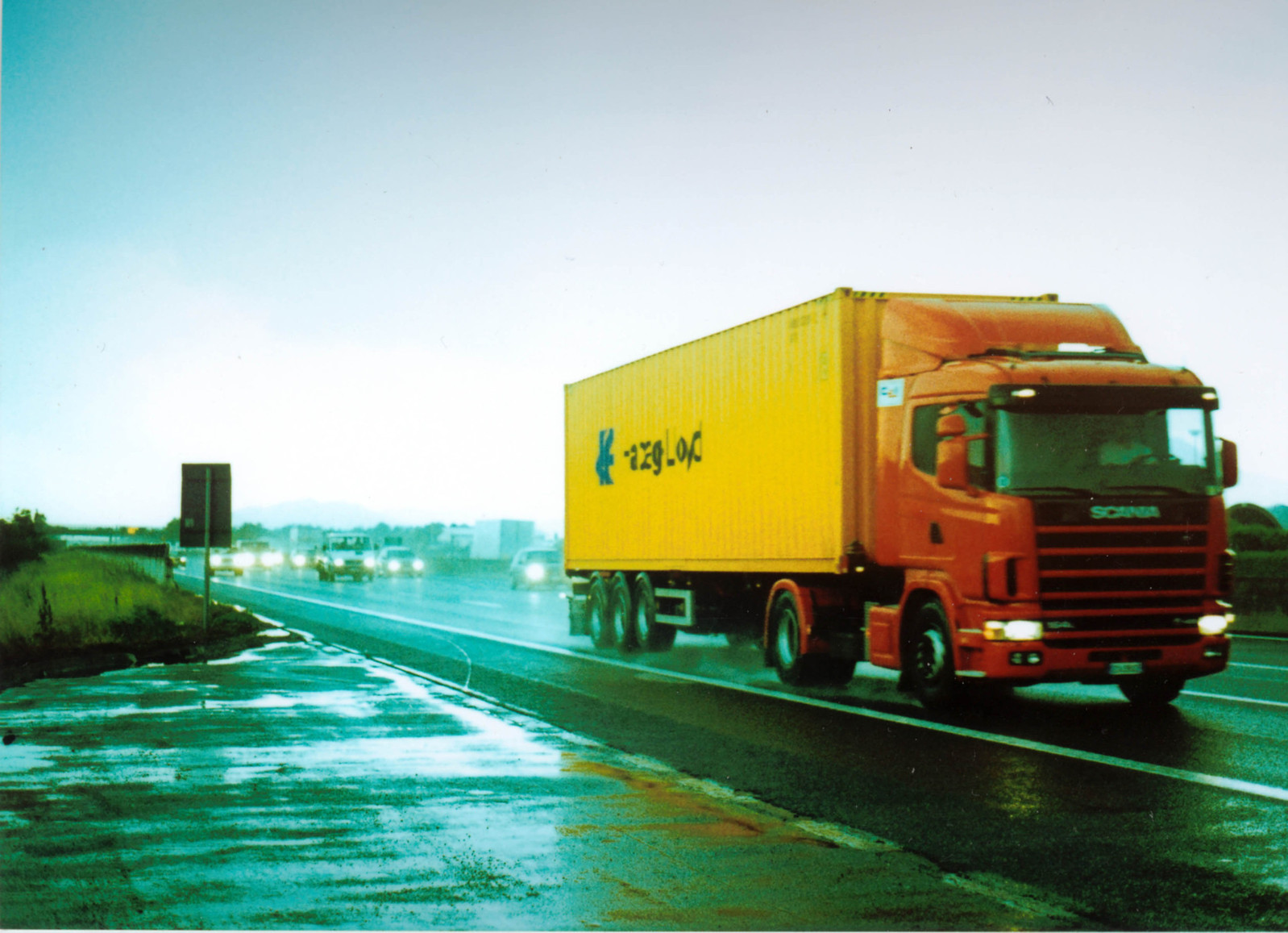
Recipe for Germany: How to start decarbonising German transport
This summer, the European Commission will present new targets for member states’ Effort Sharing Decision sectors for the period 2021 to 2030 and publish a communication on decarbonising transport. Germany’s anticipated 2030 reduction target for all sectors covered by the ESD will be -39%. Thus, Germany will have to decrease its transport emissions to 97 MtCO2 eq by 2030. This ‘recipe for Germany’ serves as a guideline on how to reduce emissions from transport and secure the climate target.
Interested in this kind of news?
Receive them directly in your inbox. Delivered once a week.
Germany’s anticipated 2030 reduction target for all sectors covered by the ESD will be -39%. Thus, Germany will have to decrease its transport emissions to 97 MtCO2 eq by 2030. Based on the assumptions of our reference scenario, Germany will exceed its carbon budget in the transport sector by 24 MtCO2 eq if it does not undertake further policy action.
The ‘recipe for Germany’ serves as a guideline on how to reduce emissions from transport and secure the climate target. It analyses policy measures at EU and member state level and quantifies their contribution to decreasing GHG emissions in the transport sector. It shows that Europe-wide, ambitious CO2 standards for cars, vans and heavy-duty vehicles will be key policy in the German strategy to decarbonise transport. It could cover 86% of the German effort required from transport. National policy instruments will be essential to supplement EU policy and to encourage a shift of passengers and freight to cleaner transport modes as well as to internalise external costs more comprehensively.
